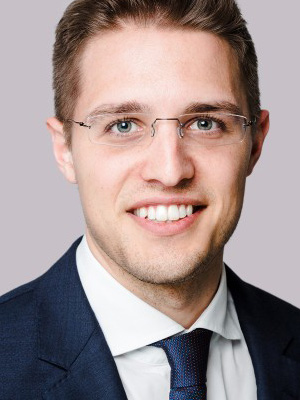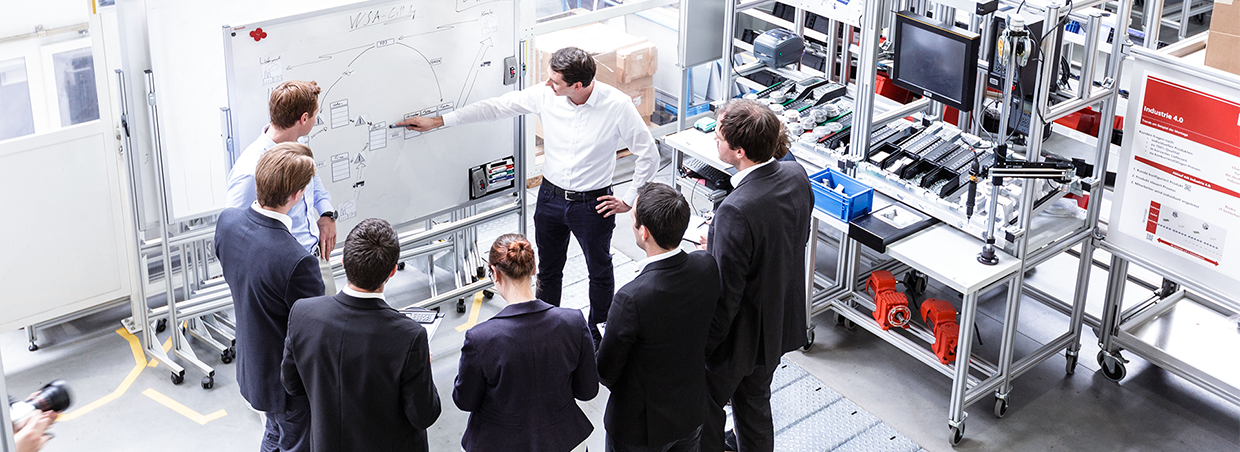
Active Working Groups
- Virtual and augmented reality
- Sustainability and Circular Economy in Learning Factories
- Human Robot Collaboration
- AI for manufacturing systems / Artificial Intelligence in production processes
- Human-centered work design in Learning Factories
- 5G in Learning Factories
- Learning Factories World Wide (LFWW)
Virtual and augmented reality
Working Group Leader
Description
A lot of learning factories are using VR & AR to show new applications in production and product development and to extend their didactical concept. In this working group different concepts and ideas to use VR & AR can be discussed.
Members
- Patrick Herstätter (Graz University of Technology, Austria)
- Sri Kolla (University of Luxembourg, Luxembourg)
- Dimitris Mourtzis (University of Patras, Greece)
- Christopher Prinz (Ruhr University Bochum, Germany)
- Panagiotis Stavropoulos (University of Patras, Greece)
Sustainability and Circular Economy in Learning Factories
Working Group Leader
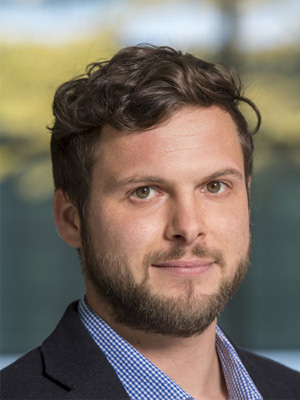
Matthias Wolf
Graz University of Technology, Austria
Description
This working group is dealing with the overarching goal of sustainability and how it is addressed in learning factories, taking different levels of the term into consideration. In this regard, the concept of circular economy is seen as a key strategy. Topics of the working group and the participating members furthermore include energy and material efficiency.
Members
- Zahra Ghazanfarpour, Philipp Grimmel, Mark Mennenga (Braunschweig Institute of Technology, Germany)
- Jonas Barth, Stefan Seyfried (Technische Universität Darmstadt, Germany)
- Gesine Köppe, Ricardo Vega Ayora, Massoud Sattari Torki (RWTH Aachen University, Germany)
- Jeff Mangers (University of Luxembourg, Luxembourg)
- Nada Ruzicic (Reutlingen University, Germany)
- Sebastian Thiede (University of Twente, The Netherlands)
- Vasiliki C. Panagiotopoulou (University of Patras, Greece)
- Natalie Petrusch (Fraunhofer IPK, Germay)
Human Robot Collaboration
Working Group Leader
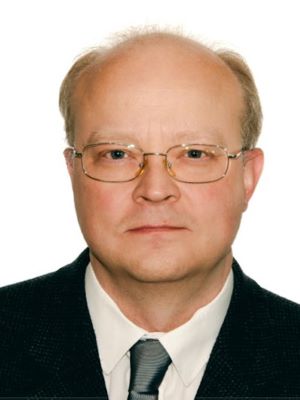
Zsolt Kemény
Hungarian Academy of Sciences, Hungary
Description
Members
- Rafiq Ahmad (University of Alberta, Canada)
- Bernd Kuhlenkötter, Alfred Hypki, Michael Miro, Marius Boshoff (Ruhr-University Bochum, Germany)
- Luca Gualtieri (Free University of Bolzano, Italy)
- Atal Kumar (University of Luxembourg, Luxembourg)
- Christos Gkournelos, Sotiris Makris (University of Patras, Greece)
- Imre Paniti, János Nacsa (Hungarian Academy of Sciences, Hungary)
AI for manufacturing systems / Artificial Intelligence in production processes
Working Group Leader
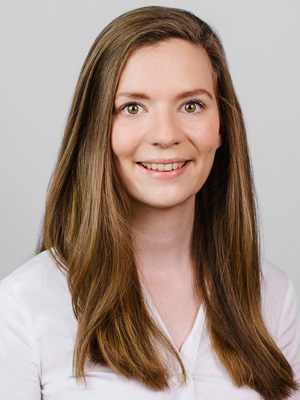
Theresa Madreiter
Vienna University of Technology, Austria
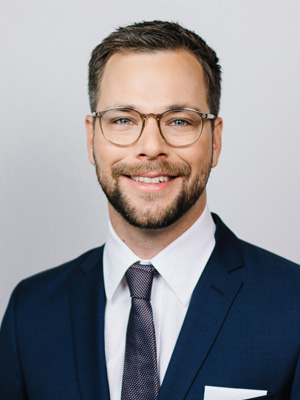
Linus Kohl
Vienna University of Technology, Austria
Description
- Development and adaptation of AI algorithms for manufacturing systems
- Process monitoring, -control and anomaly detection
- Predictive quality and Zero-Defect-Manufacturing
- Digital twins, simulation and process optimization
- Predictive maintenance and condition monitoring
- Application of different AI methods for the manufacturing environment: predictive maintenance, assistance systems, productions planing an controll, quality controll, shopfloor management, etc. Devopment of new KI-algorithms
Members
- Mohammad Abuabiah (University of Luxembourg, Luxembourg)
- Fazel Ansari (Vienna University of Technology, Austria)
- Muneer Al Zubi (University of Luxembourg, Luxembourg)
- Tobias Biegel (Technical University of Darmstadt, Germany)
- Matteo De Marchi (Free University of Bozen-Bolzano, Italy)
- Nicolas Jourdan (Technical University of Darmstadt, Germany)
- Bernd Kuhlenkötter (Ruhr University Bochum, Germany)
- Dimitris Mourtzis (University of Patras, Greece)
- Christopher Prinz (Ruhr University Bochum, Germany)
- Walter Quadrini (Polytechnic University of Milan, Italy)
- Panagiotis Stavropoulos (University of Patras, Greece)
- Weimin Zhang (Tongji University, China)
Human-centered work design in Learning Factories
Working Group Leader
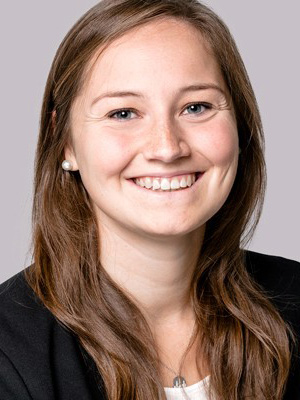
Sophie Sandner
Technical University of Darmstadt, Germany
Description
- Development and combination of methods for the identification of potentials,
- Digital assistance and its combination with artificial intelligence: Identifying Use Cases
- Potential quantification (depending on Use Cases)
- Analysis and improvement of the (automated) creation of information material
- New methods for analysing workstation, in order to finde a potential for assistance systems, development of new contextsensitive and adaptive assistance systems
- The assistance of workers in production with cognitive and physical systems is currently studied in various learning factories. In this working group the concepts and ideas of worker assistance systems can be discussed.
Members
- Matthias Eder (Graz University of Technology, Austria)
- Bernd Kuhlenkötter (Ruhr University Bochum, Germany)
- Christopher Prinz (Ruhr University Bochum, Germany)
- Walter Quadrini (Polytechnic University of Milan, Italy)
- Matthias Wolf (Graz University of Technology, Austria)
5G in Learning Factories
Working Group Leader
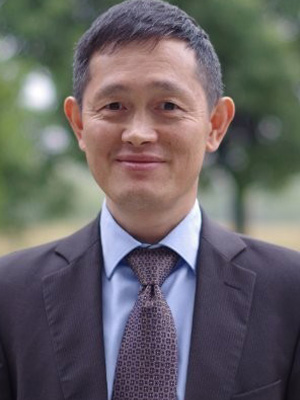
Weimin Zhang
Tongji University, China
Description
- Development and combination of methods for the identification of potentials,
- Digital assistance and its combination with artificial intelligence: Identifying Use Cases
- Potential quantification (depending on Use Cases)
- Analysis and improvement of the (automated) creation of information material
- New methods for analysing workstation, in order to finde a potential for assistance systems, development of new contextsensitive and adaptive assistance systems
- The assistance of workers in production with cognitive and physical systems is currently studied in various learning factories. In this working group the concepts and ideas of worker assistance systems can be discussed.
Members
- Bernd Kuhlenkötter, Christopher Prinz (Ruhr University Bochum, Germany)
- Dimitris Mourtzis (University of Patras, Greece)
- Lukas Weiser (Karlsruhe Institute of Technology, Germany)
- Eduardo de Senzi Zancul (University of São Paulo, Brazil)
- Udayanto Dwi Atmojo (Aalto University, Finland)
- Thorge Lackner (ESB Business School, Germany)
Learning Factories World Wide (LFWW)
Working Group Leader
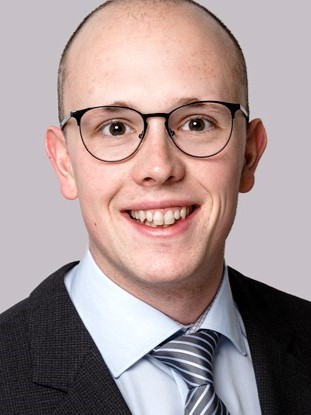
Description
The vision of this Working Group is to provide comprehensive support (theoretical & practical) for capacity building at universities in development countries that cannot afford a learning factory. Through the design of the learning factory, a direct contribution to capacity building at the universities as well as an indirect contribution to the 17 SDGs by means of carefully selected product clusters will be achieved.
Goal
Establishment of 100 learning factories at universities in developing countries and operation by the local representatives within the next 5 years.
Members
- Rafiq Ahmad (University of Alberta, Canada)
- Fazel Ansari (Technical University Vienna, Austria)
- Maira Callupe Arias (Polytechnic University of Milan, Italy)
- Vera Hummel (ESB Reutlingen, Germany)
- Marius Knott (Ruhr University Bochum, Germany)
- Dimitris Mourtzis (University of Patras, Greece)
- Christopher Prinz (Ruhr University Bochum, Germany)
- Walter Quadrini (Polytechnic University of Milan, Italy)
- Jan-Philipp Rammo (TU Munich, Germany)
- Panagiotis Stavropoulos (University of Patras, Greece)
- Alberto Martinetti, Sebastian Thiede (University of Twente, Netherlands)
- Andre Van der Merve (Stellenbosch University, South Africa)
- Matthias Wolf (Technical University Graz, Austria)
Closed Working Groups
Cross Learning Factory Product Production System (CLFPPS)
Working Group Leader
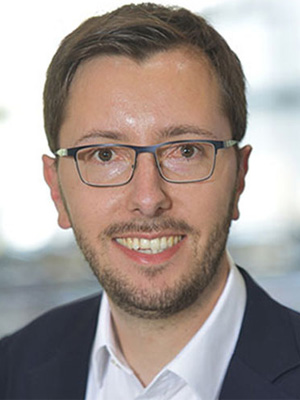
Jan Schuhmacher
ESB Business School, Germany
Description
Members
- Antonio Kreß (Technical University of Darmstadt, Germany)
- Dimitris Mourtzis (University of Patras, Greece)
- Panagiotis Stavropoulos (University of Patras, Greece)
- Christopher Prinz (Ruhr University Bochum, Germany)
- NN (Ruhr University Bochum, Germany)
Major Results
- Approach for a "Cross Learning Factory Product Production System (CLFPPS)" for circular economy has been developed
- Identification of the required competencies for circular economy oriented production networks considering the product life cycle phases
- Setting the basis for content-related networking with other IALF Working Groups to derive and detail the required competencies for CE to be addressed in Learning Factories
Publication of results
Schuhmacher, Jan and Barth, Jonas and Ruzicic, Nada and Kreß, Antonio and Knott, Marius and Panagiotopoulou, Vasiliki C. and Stavropoulos, Panagiotis and Kuhlenkötter, Bernd and Hummel, Vera, Development of an Approach for a 'Cross Learning Factory Product Production System' for Circular Economy (June 7, 2023). Proceedings of the 13th Conference on Learning Factories (CLF 2023), Available at SSRN: https://ssrn.com/abstract=4472089 or http://dx.doi.org/10.2139/ssrn.4472089The findings and further work will be transferred to the Working Group "Learning Factories World Wide (LFWW)"
Learning Factory Design
Working Group Leader
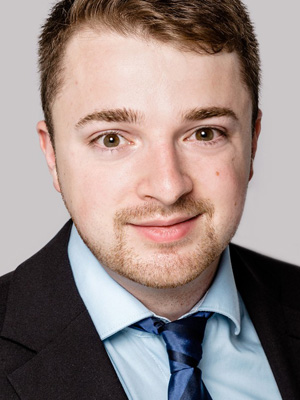
Description
Members
- Rafiq Ahmad (University of Alberta, Canada)
- Jonas Barth (Technical University of Darmstadt, Germany)
- Maira Callupe Arias (Polytechnic Univrsity of Milan, Italy)
- Maria Ursula Hulla (Graz University of Technology, Austria)
- Vera Hummel (ESB Reutlingen, Germany)
- Walter Quadrini (Polytechnic University of Milan, Italy)
- Thomas Riemann (Technical University of Darmstadt, Germany)
- Astrid Weyand (Technical University of Darmstadt, Germany)
Major Results
- Revision and extension of the Learning Factory Morphology of 2015
- New design elements were complemented to the previous seven design dimensions and new design dimensions were added
- The revised version of the morphology provides a more targeted support in the design of new learning factories
Publication of results
Kreß, Antonio and Hummel, Vera and Ahmad, Rafiq and Hulla, Maria and Quadrini, Walter and Callupe, Maira and Gärtner, Quirin and Weyand, Astrid and Barth, Jonas and Riemann, Thomas and Fumagalli, Luca and Ramsauer, Christian and Metternich, Joachim, Revision of the Learning Factory Morphology (May 24, 2023). Proceedings of the 13th Conference on Learning Factories (CLF 2023), Available at SSRN: https://ssrn.com/abstract=4458050 or http://dx.doi.org/10.2139/ssrn.4458050The findings and further work will be transferred to the Working Group "Learning Factories World Wide (LFWW)"


